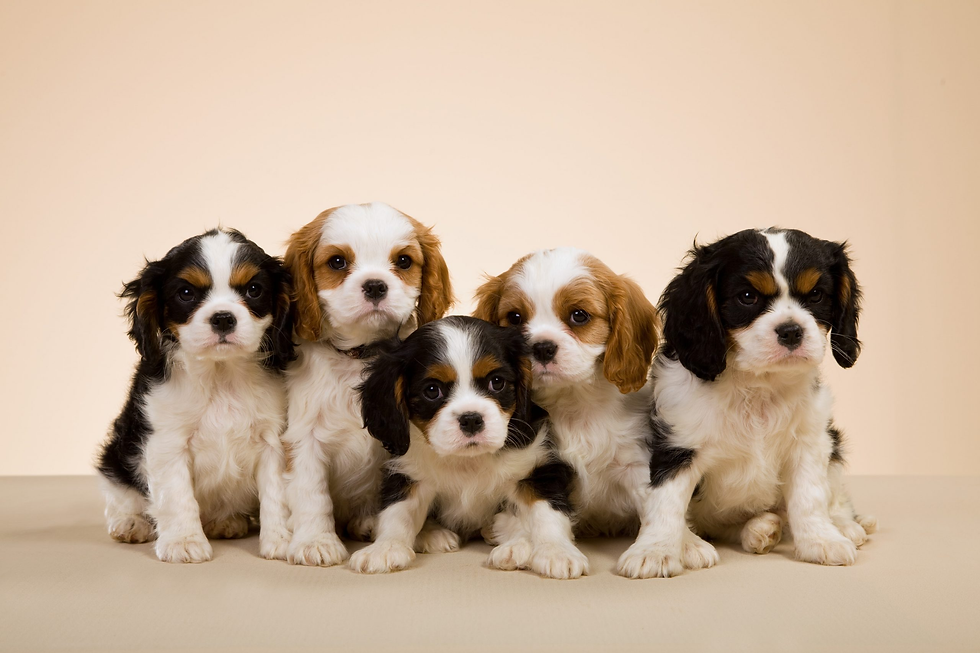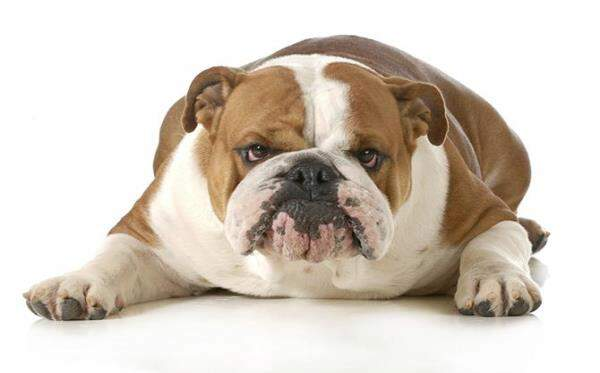Can Dogs Eat Grapes? A Guide to Safe & Unsafe Human Foods
- S B
- Jun 1, 2025
- 3 min read
As dog owners, we’ve all been there: you’re chopping up fruit, enjoying a snack, or setting the table, and your dog gives you that hopeful look. It’s tempting to slip them a bite. After all, what harm could a grape or piece of toast do?
But when it comes to sharing your food with your dog, a lot of common items can be surprisingly dangerous. Some are just not ideal, while others can be downright toxic. Grapes fall into the latter category, and they’re one of the most dangerous “healthy” foods for dogs.

Can Dogs Eat Grapes?
No. Never. Not even one. Grapes and raisins (which are simply dried grapes) are highly toxic to dogs, even in small amounts. What's particularly scary is that we still don’t fully understand why they're toxic or why some dogs get sick from just one grape while others might not react until they’ve eaten more. What we do know is that they can lead to rapid kidney failure, and sometimes death.
If your dog eats a grape or raisin, even a single one, you should call your vet or a pet poison control line immediately. Time matters.
Symptoms of grape toxicity may include:
Vomiting (often within a few hours)
Lethargy or weakness
Diarrhea
Loss of appetite
Dehydration
Abdominal pain
Excessive thirst or urination, followed by a drop in urination (a sign of kidney failure)
Common Human Foods That Are Unsafe for Dogs
Here’s a quick list of foods that should always be kept away from your dog:
Grapes and raisins – cause kidney failure
Chocolate – contains theobromine and caffeine, which are toxic to dogs
Onions, garlic, and chives – can damage red blood cells and cause anemia
Xylitol (in sugar-free gum, candy, and baked goods) – can lead to rapid insulin release, liver failure, and even death
Avocados – contain persin, which may cause vomiting and diarrhea in dogs
Macadamia nuts – can cause weakness, tremors, and vomiting
Alcohol – even small amounts can be dangerous
Caffeinated drinks – harmful to the heart and nervous system
If you're ever unsure about something your dog ate, contact your vet or a 24/7 animal poison control hotline like the ASPCA’s Animal Poison Control Center.
Safe Human Foods You Can Share with Your Dog (in Moderation Of Course)
On the bright side, many human foods are perfectly safe, and even healthy, for dogs. Just keep portions small and avoid additives like salt, butter, or sugar.
Carrots – great for teeth and low-calorie
Peanut butter – a favorite, just make sure it’s xylitol-free
Apples – high in fiber and vitamins (remove seeds/core)
Blueberries – packed with antioxidants
Cooked lean meats – like chicken, turkey, or beef (no bones or seasoning)
Plain rice or pasta – good for sensitive stomachs
Pumpkin (plain, canned) – helps digestion
Green beans – low in calories and filling
When introducing any new food, start with a small amount and monitor your dog. Even safe foods can cause stomach upset if your pup isn’t used to them. And who knows, maybe your pup is allergic to them as well. It is better to be safe than sorry.
What To Do If Your Dog Eats Something Unsafe
If your dog eats something you know, or even suspect, is toxic, don’t wait to “see how they do.” It’s always best to act fast.
Steps to take:
Remove any remaining food.
Check what and how much was eaten.
Call your vet or a pet poison control helpline (like ASPCA or Pet Poison Helpline).
Follow their guidance. Don't try home remedies unless advised.
In conclusion, dogs are curious and trusting, which makes it our job to be vigilant about what they eat. While it’s sweet to want to share with your furry friend, a quick bite of the wrong food, like a grape, can do more harm than you’d ever expect.
Stick to dog-safe snacks, keep human food out of reach, and always double-check before sharing something off your plate. When in doubt, a treat made just for dogs is always the safest bet. Because a healthy dog is a happy dog.







Comments